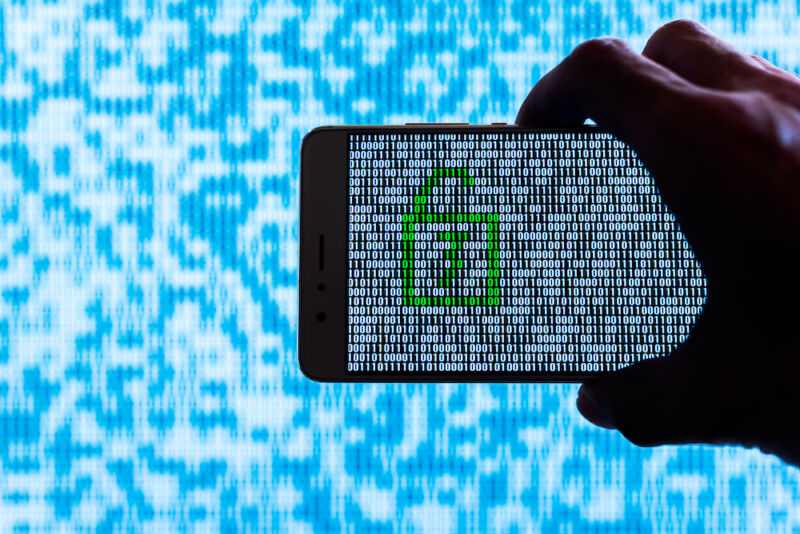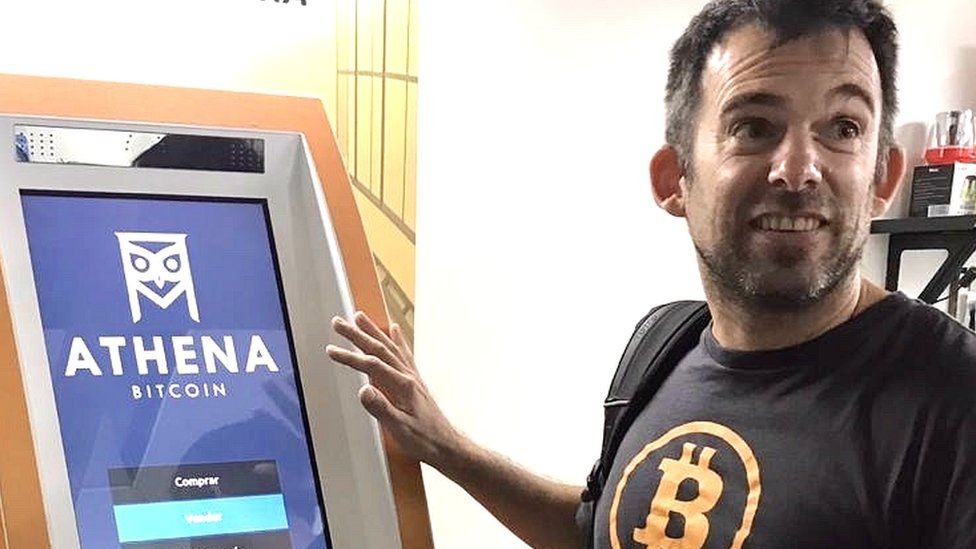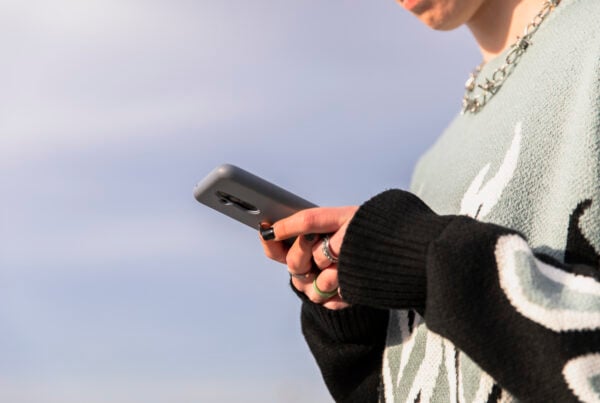Find out the week’s top mobile stories from around the world. Headlines this week include… Critical bug could have let hackers commandeer millions of Android devices, Why Argentina is embracing cryptocurrency, Europe moves one step closer to a worldwide phone, tablet and laptop charger in knock to Apple and much more…

Critical bug could have let hackers commandeer millions of Android devices
Ars Technica
Security researchers said they uncovered a vulnerability that could have allowed hackers to commandeer millions of Android devices equipped with mobile chipsets made by Qualcomm and MediaTek.
The vulnerability resided in ALAC—short for Apple Lossless Audio Codec and also known as Apple Lossless—which is an audio format introduced by Apple in 2004 to deliver lossless audio over the Internet. While Apple has updated its proprietary version of the decoder to fix security vulnerabilities over the years, an open-source version used by Qualcomm and MediaTek had not been updated since 2011.
Read more…
Why Argentina is embracing cryptocurrency
BBC
In Argentina, there are traces everywhere of distrust and even trauma related to the economy.
For Jerónimo Ferrer, a formative memory is of Argentina’s crushing financial crisis at the end of the 1990 – when bank accounts were frozen and, almost overnight, people’s savings evaporated. He’s not alone. One engineering student I spoke to keeps all his savings, in US dollars, at home because he fears that the banks will again devalue holdings overnight.
Read more…
Europe moves one step closer to a worldwide phone, tablet and laptop charger in knock to Apple
Euro News
The European Union’s bid to adopt a common charging port for mobile phones, tablets and headphones has taken a step forward after an EU panel backed the proposal, paving the way for an assembly vote next month.
The European Commission suggested on Wednesday a single mobile charging port more than a decade ago, hoping phone makers would be able to find a common solution. It proposed draft legislation last year, a world-first after they failed to do so.
Read more…
IOS 16 is the perfect time for Apple’s Messages to gain RCS
Digital Trends
No one needs a rehash of the green bubble experience when texting between iOS and Android phones. Google has taken steps to fix this with its implementation of Rich Communication Services, or RCS, in Android. This has modernized messaging between Android phones to near-iMessage levels, but it’s the same old story with iOS.
As Apple has yet to support the new standard, the experience remains as fragmented and fractured as it’s ever been. Google has been begging and pleading for Apple to add RCS to the messages app, to no avail. With iOS 16 around the corner, it’s the perfect time for Apple to finally listen.
Read more…
As WhatsApp Stumbles in Brazil, Huge P2B Mobile Payments Opportunity up for Grabs
PYMNTS
Merchant acceptance is key for new payments methodologies to reach critical mass, to truly become ingrained in commerce.
In Brazil, Meta, in its bid to become a true payments giant across all use cases, is facing significant headwinds.
Meta had been on the path to enable users to send money using WhatsApp to businesses via payments-to-merchant transactions, the Financial Times reported. That launch had been scheduled for last year. Yet, the proverbial runway has yet to be cleared for takeoff.
Read more…
The Mobile Gaming Trends That Are Shaping the Future
Telemedia Online
Mobile gaming is more popular than it’s ever been before – which is great news for all the gaming fanatics out there. According to Statista, this rise in popularity is largely due to the recent COVID-19 pandemic, when more people turned to mobile gaming as a source of entertainment and relaxation.
Specifically, in 2021, a total of 14.1 billion – yes, billion – mobile game downloads were made around the world across the iOS and Google Play app stores. Some 11.8 billion of these downloads were courtesy of Google Play, which highlights that Android devices are dominant in the mobile gaming market!
Read more…
How Meta Platforms fell behind in Indian mobile payments
Mint
Mark Zuckerberg has pinned his hopes on commerce to save his business from stagnating user engagement and decelerating advertising revenue growth. But in the massive market of India, Facebook parent company Meta Platforms has fallen far behind in mobile payments, which serve as the crucial last step in closing an online sale.
It needs to get its act together quickly if it doesn’t want to lose out to Google and Walmart in the race for controlling digital payments in the world’s second-largest internet market. Meta has a popular mobile messaging platform in the country with WhatsApp, which has its own local payment service. But so far, the encrypted messaging app has been at loggerheads with the Indian government over multiple issues, all of which are likely impacting its payment ambitions in India.
Read more…
Why music could be NFT’s new jam
Tech in Asia
When non-fungible tokens first took off last year, much of the initial conversation I heard around their use was in the realm of art. This was in part due to the sale of Everydays – The First 5000 Days, an NFT artwork by digital artist Beeple, at Christie’s for US$69 million.
People talked a lot about how NFTs could make a difference in how artworks are sold, serving as a proof of authenticity and ensuring greater transparency in pricing. By cutting out the middlemen, NFTs can help artists benefit more from the sale of their works.
Read more…
Microsoft is exploring how to put ads in games – can it please players and brands?
The Drum
Microsoft is investigating the world of in-game advertising, and could use it as a way of increasing access to its games streaming membership the Xbox Game Pass. For our Deep Dive into Digital Advertising, we ask if the tech giant, which already boasts a huge ad business, could introduce them to the historically-resistant gaming space.
Microsoft, which owns Xbox and soon an extensive mobile gaming network under new acquisition Activision Blizzard, recently surpassed 25 million subscribers in its ‘Netflix for Gaming’-style subscription Game Pass.
Read more…
Mobile devices: Shopping’s new remote control
The Paypers
Consumers are making increasing use of their mobile devices to shop and pay, and become increasingly satisfied with their shopping experiences, according to people in five of the six countries studied for PYMNTS and Cybersource’s 2022 Global Shopping Index
The Index examines the behaviours of more than 13,000 consumers and 3,000 merchants in Australia, Brazil, Mexico, the UAE, the UK, and the US. As the global COVID-19 pandemic has forced retailers to accelerate innovation, digital has emerged as the great equaliser in improving shopper satisfaction. Today, merchants are making digital features a priority, regardless of how and where consumers shop.













